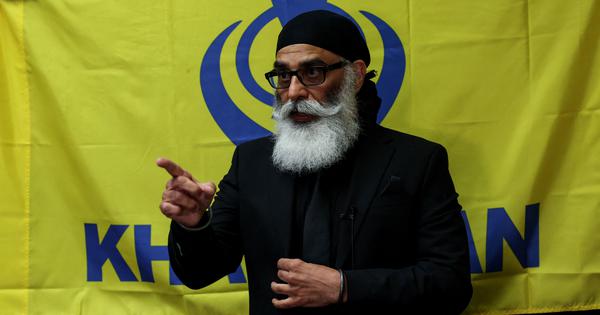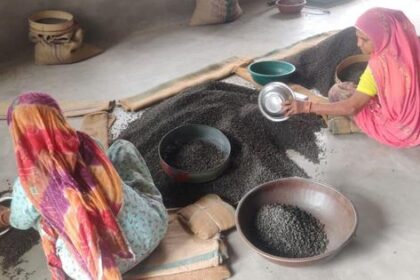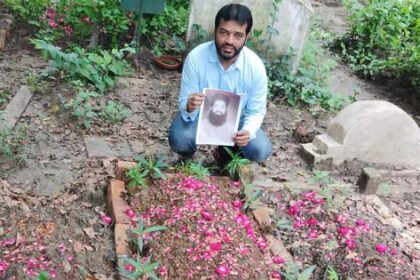Hindu American groups assert veto protects their community; Sikh activists vow to continue their fight against repression.
Governor Gavin Newsom’s veto of a bill aimed at addressing transnational repression has ignited a division among Indian American groups. The legislation, known as SB 509, sought to enhance protections for diaspora communities, particularly in light of concerns raised by Sikh American activists regarding threats and attacks they associate with efforts by the Indian government against Khalistan separatists in North America.
The bill had garnered unanimous support in both chambers of the California state legislature before encountering significant opposition from Hindu American groups. These groups argued that the proposed legislation could unfairly target Hindu and Indian Americans, potentially leading to bias against these communities. The Hindu American Foundation, which advocates for Hindus in the United States, characterized the veto as a victory for civil rights, emphasizing that the bill’s ambiguous language could institutionalize prejudice.
On the other side of the debate, the Sikh Coalition expressed disappointment but reaffirmed its commitment to fighting against transnational repression. They highlighted the necessity of ensuring that individuals can practice their faith and express their views free from intimidation and violence orchestrated by foreign governments. The bill aimed to train local law enforcement to recognize the tactics associated with such repression, including online harassment and surveillance.
The implementation of the training program proposed by the bill was estimated to cost around $572,000 annually. Advocates argued that equipping officers with the necessary tools would help them better identify instances of transnational repression. California is home to a significant Sikh population, with approximately 250,000 Sikhs, making up 40% of the Sikh community in the United States.
While SB 509 did not name any specific country, it was introduced against a backdrop of allegations concerning the Indian government’s targeting of Sikh activists who advocate for the Khalistan movement. This movement seeks an independent Sikh homeland in India’s Punjab state, which the Indian government considers a substantial threat to national security. Recent high-profile incidents, such as the assassination of Sikh separatist leader Hardeep Singh Nijjar in Canada and a foiled assassination plot against Gurpatwant Singh Pannun in the United States, have heightened concerns within the Sikh community.
The situation escalated further when Sikh activists in California reported being followed or threatened, prompting fears for their safety. Notably, in August 2024, Satinder Pal Singh Raju, a Sikh activist, was shot at while driving, an incident he claims was politically motivated.
In October 2023, Hindu leaders in Fresno raised concerns with local officials about alleged ties between certain Sikh community leaders and terrorism. Despite these claims, the former police chief found them unsubstantiated. In his veto message, Governor Newsom referenced existing training initiatives developed by California’s Office of Emergency Services in collaboration with federal agencies, suggesting that the issue of transnational repression could be addressed through administrative measures rather than new legislation.
The strong bipartisan support for SB 509 in the legislature made Newsom’s veto unexpected. Advocates for the bill, including members of the American Sikh Caucus Committee, expressed disappointment, stating that when lawmakers overwhelmingly support a measure, they expect the governor to align with that consensus. The bill had also received backing from organizations like Hindus for Human Rights and the Indian American Muslim Council, indicating a broader coalition in favor of its objectives.








